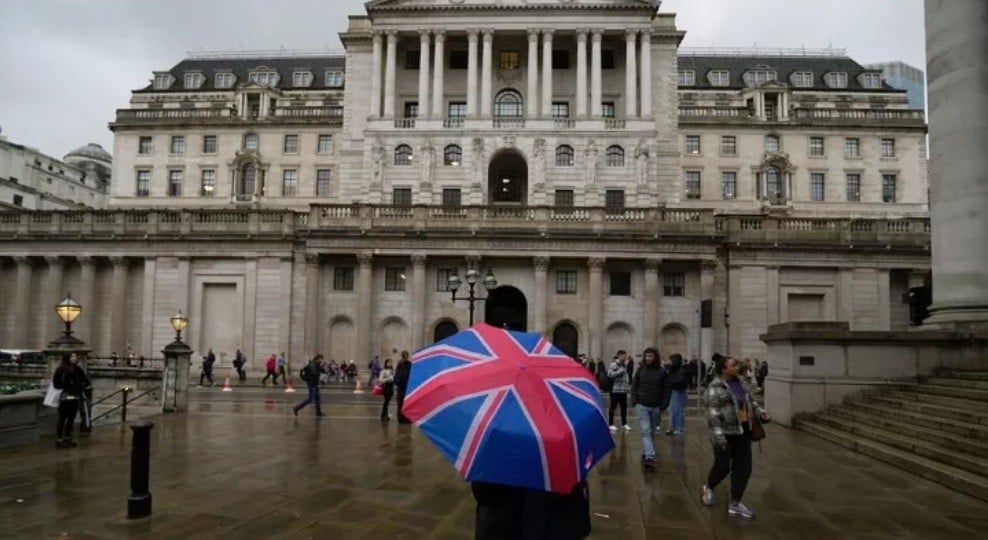 |
| The overall picture for the UK economy remains bleak, while persistent inflationary pressures mean the Bank of England (BoE) could raise interest rates at its meeting in early August. (Source: AFP) |
The figures show that a recession as the market has been speculating based on rising inflation and high interest rates has not happened.
Britain's economic output fell 0.1% in May from April, the Office for National Statistics (ONS) said, after rising 0.2% in the previous month. A Reuters poll of economists had forecast a 0.3% decline.
All sectors of the economy contracted, except services, which did not grow.
The ONS said some businesses in the arts, entertainment and leisure sectors, as well as hotels and restaurants, reported gains from the coronation holiday. But there were also signs that strikes in the health, rail and education sectors had dented economic output.
A separate ONS report showed the UK's goods trade deficit widened more than expected to £18.7bn in May, with exports to the European Union (EU) falling to their lowest level since January 2022.
Business associations said the overall picture for the economy remained bleak, while persistent inflationary pressures meant the Bank of England (BoE) could raise interest rates at its meeting in early August.
Britain’s economic recovery from the Covid-19 pandemic has lagged behind most other advanced economies. Paul Dales, chief economist at consultancy Capital Economics, said the UK economy was expected to grow by around 0.1% in the second quarter of 2023. That was higher than the BoE’s forecast of no growth, but he noted that the UK economy was likely to suffer a mild recession later this year.
Mr Dales added that the inflation report due next Wednesday (July 19) could decide whether the BoE raises interest rates by another half percentage point or just 0.25 percentage points.
Source






![[Photo] Overcoming all difficulties, speeding up construction progress of Hoa Binh Hydropower Plant Expansion Project](https://vstatic.vietnam.vn/vietnam/resource/IMAGE/2025/4/12/bff04b551e98484c84d74c8faa3526e0)
![[Photo] Closing of the 11th Conference of the 13th Central Committee of the Communist Party of Vietnam](https://vstatic.vietnam.vn/vietnam/resource/IMAGE/2025/4/12/114b57fe6e9b4814a5ddfacf6dfe5b7f)
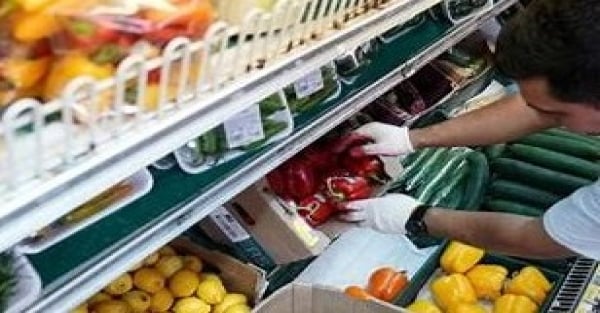



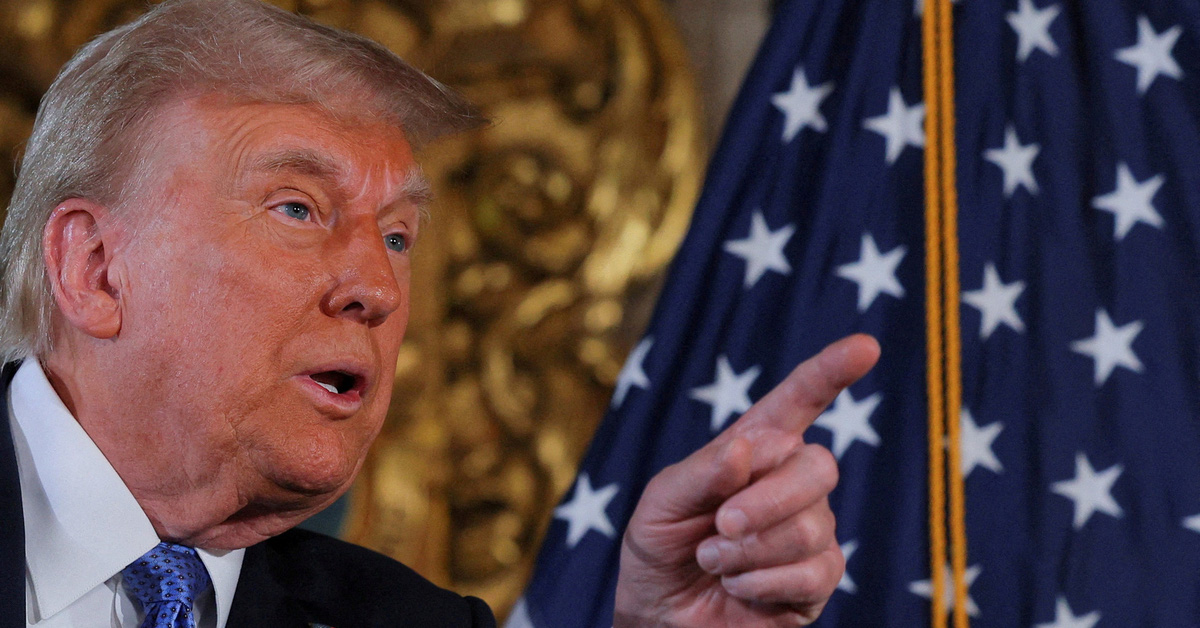

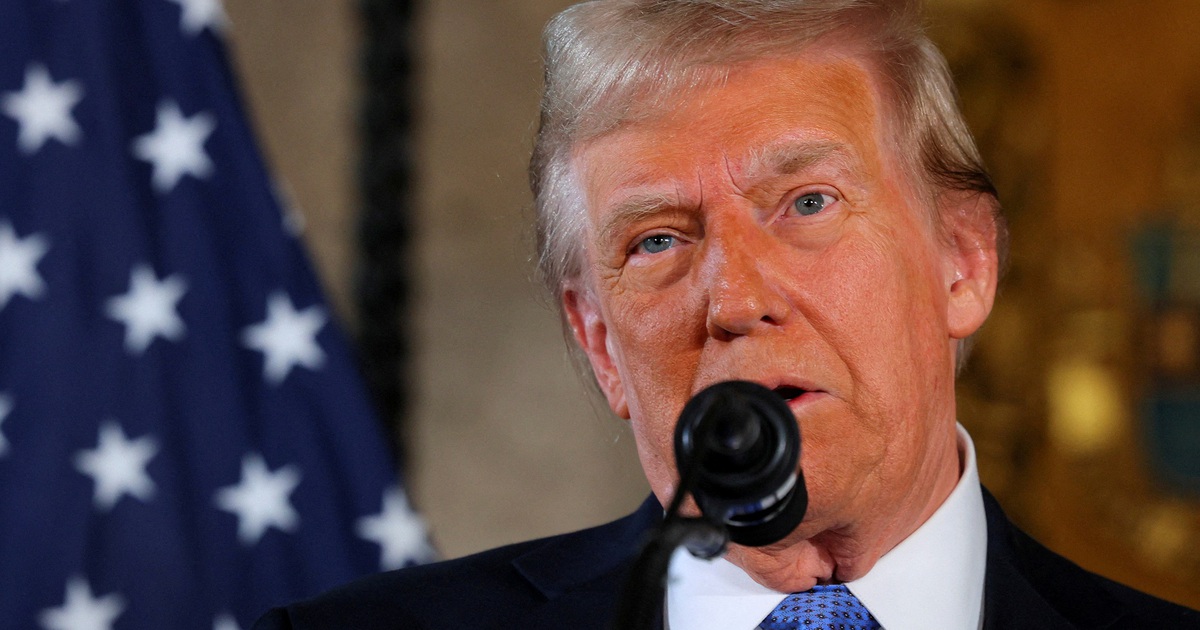












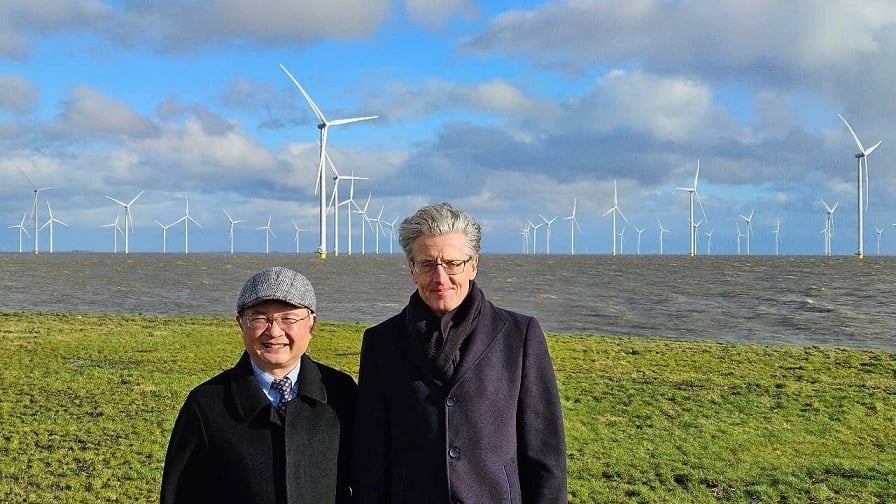






































































Comment (0)